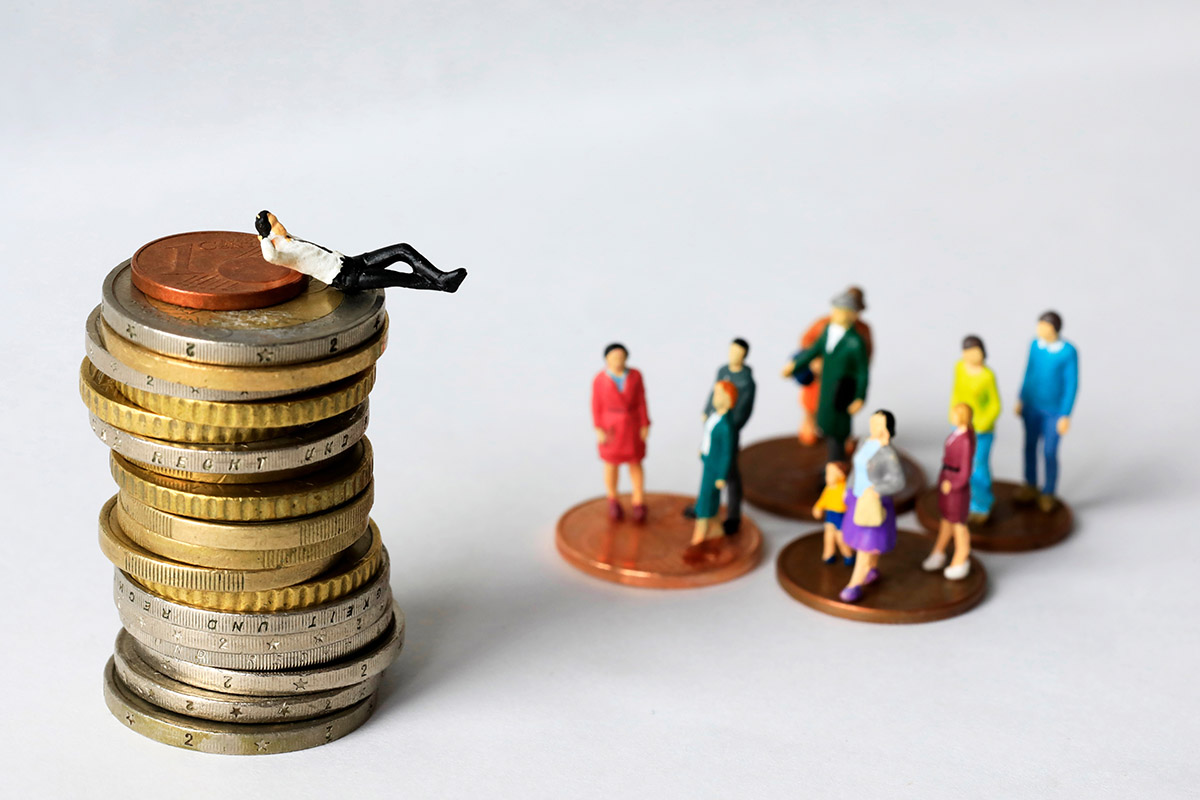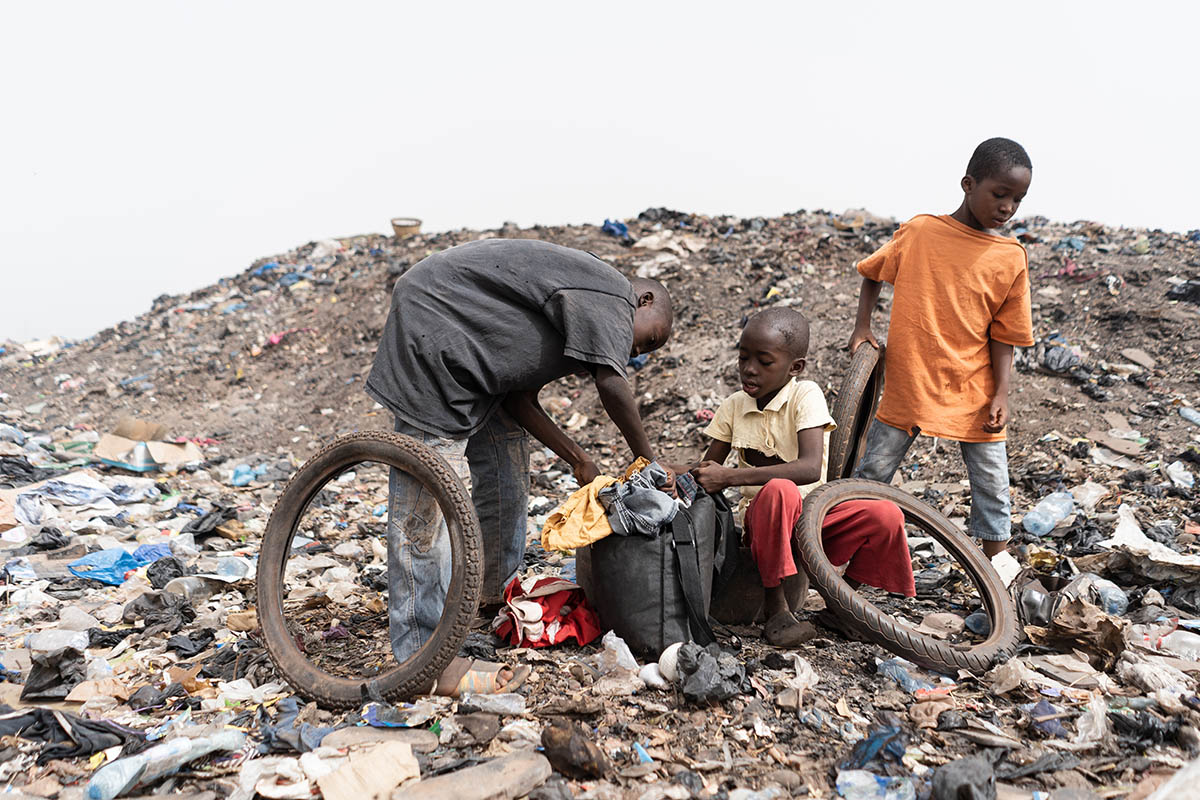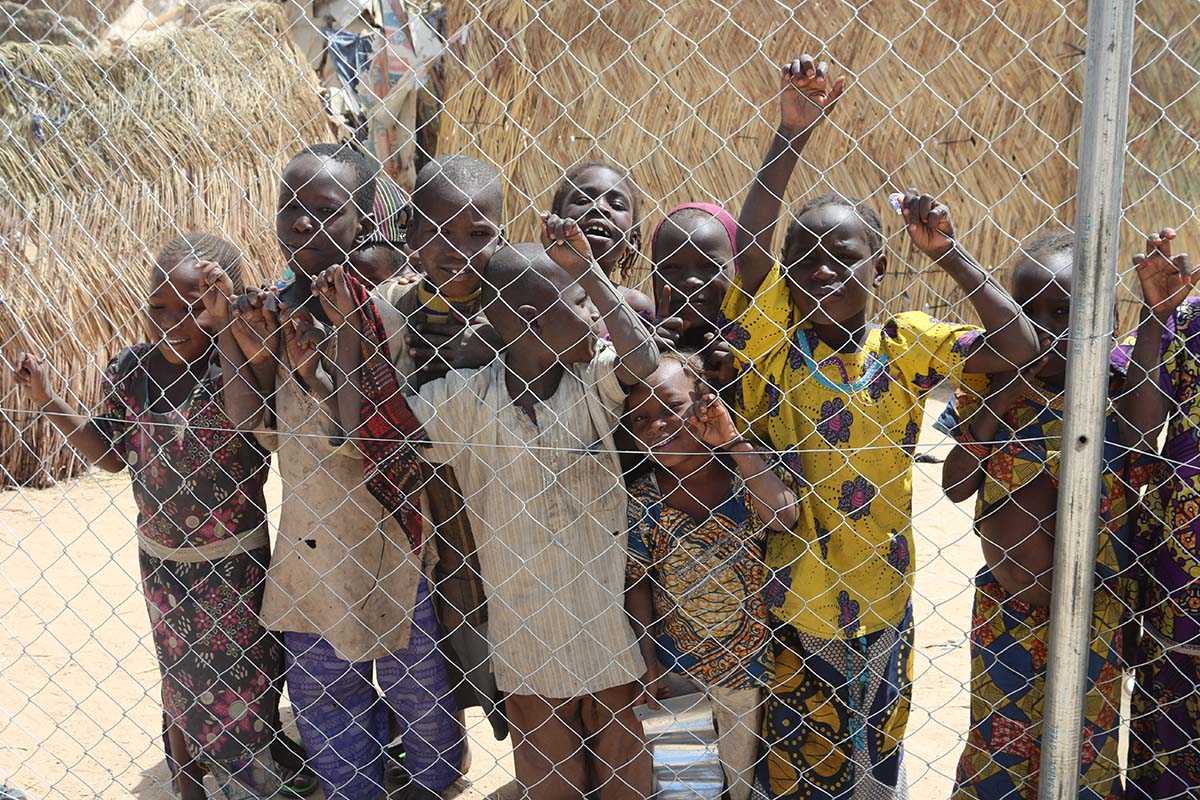The Unusual Activist
August 18by Monica Islam
Social mobility refers to “the shift in an individual’s social status from one status to another”. I have always been a proponent of people climbing up the ladder of status and progress and joining the ranks of the richer classes. I desperately want people to come out of poverty and experience the finer things in life. But am I willing to give up my wealth for the sake of the poor? Does working for the development sector require me to actually renounce wealth? Is social mobility an overnight phenomenon?
I was born into an economically-modest, middle-class family and I can say I am “comfortable”. For instance, I do not have to struggle with paying my electricity bills; I do not have to walk a mile to collect a pot of fresh drinking water; I do not have to do odd jobs to make ends meet. This is fabulous, to say the least! But this puts me at odds with the poverty-reduction dream that I have.
After all, the less well-off say that I am not one of them. I am not willing to give up my comfortable financial position for them. How can I fight for their rights if I have never experienced the pangs of hunger or if I go out frequently to premium salons and restaurants? And truly, when the poorer people cheat, steal or otherwise transgress, I lose my temper, judge them negatively and think of giving up on my goal for the emancipation of the poor.
This brings me to several questions, the foremost being—do I have to be one of you to empathize with your pain? Is it a trade-off to think about poverty-reduction and yet live an opulent life? Does activism “look” a certain type?
The Ambani weddings – one held recently – caught global attention. How can a single family indulge in such extravagance when millions of people go to bed hungry every day? And the answer came from the Ambanis themselves, well, at least the finer one of them.
Khrisha Shah Ambani says in her Instagram page that activism can look any type.
I further add that our role is to eliminate “absolute” poverty and not “relative” poverty. So for instance, it is largely harmless if my neighbour has two cars while I have one, but it is not so if I eat plates of rice and curry while the child of my employee goes to bed hungry. No child should have to choose between education and work. No child should have to walk bare-feet. No child should have to live a life of hunger, thirst and pain.
I conclude with four easy (at least, theoretically) ways of bringing equity in the world:
- Share your resources.
- Advocate for noble causes.
- Shun envy, greed and arrogance.
- Abstain from wasting resources.




